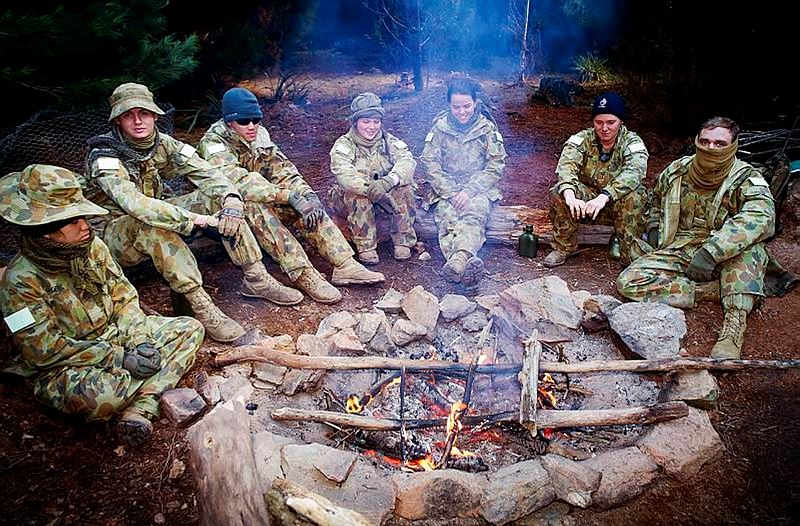
Diversity and social inclusion have been key issues for Defence. The Defence strategy for cultural change and reinforcement,
Pathway to Change, has mandated a focus on those issues, and others, in Defence’s cultural evolution. But what do they mean? And why does Defence remain focused on them?
Diversity is about increasing the kinds of people working in Defence, and social inclusion is about ensuring that the different kinds of people feel part of, or a sense of belonging in the organisation.
Diversity and social inclusion have become important because Defence has traditionally been an organisation predominantly of men from a narrow cultural background, which doesn’t currently reflect the increasing diversity of the community Defence serves. Also importantly, Defence isn’t meeting some of its recruiting targets and that impacts its ability to fulfill its mission. We need a fully resourced Defence force to ‘defend Australia and its national interests’.
My recent
report on diversity and social inclusion in Defence looks at that question from the perspective of everyday language use. Language plays a part in enabling diversity and building social inclusion. Nevertheless, it can also be used to resist diversity and social inclusion by excluding those who are different and limiting the kinds of people Defence heralds as models of its ideals. And as my report acknowledges, being different can really matter when an organisation like Defence conducts routinised, dangerous work in tightly-bonded teams. You can’t be seen to be different and you can’t be seen to make a mistake. Both risk exclusion.
My report shows how language can be used to exclude; how it is used to build a limited kind of hero who models a limited set of desired values and behaviours while building teams that are tightly bonded and effective in dangerous situations. It demonstrates how being different can be tough in a mono-culture, but social difference can be negotiated and group acceptance can be achieved.
In the course of the research, I interviewed a number of Defence people who identified themselves as being in some way ‘different’ and my research includes many examples that rely on language to exclude. And each example arises from the fact that the targeted person is considered different from the others. This ‘othering’ can lead to marginalisation which, in turn, can lead to loss of capability. It also means talented people may choose not to join Defence, or leave it because they cannot succeed at becoming part of the group.
Yet all is not lost. The interviewees of the study shared their strategies for overcoming difference and demonstrated how humour—and banter—plays a critical role and needs to be learned in order to mitigate difference. Being conversant at banter offers people in Defence a linguistic means of achieving social inclusion.
As part of the language study, the report maps the four cultures of Defence: Navy, Army, Air Force and the public service showing why they are different from each other, what kinds of cultural tensions they face and how language plays its part in the construction of each.
A synopsis of my report has just been published by ASPI and is available
here.
Elizabeth Thomson is an academic research officer at the Centre for Defence Research, Centre for Defence and Strategic Studies, Australian Defence College. The full version of her report commissioned by the Department of Defence is available here. Image courtesy of Department of Defence. Print This Post
Print This Post